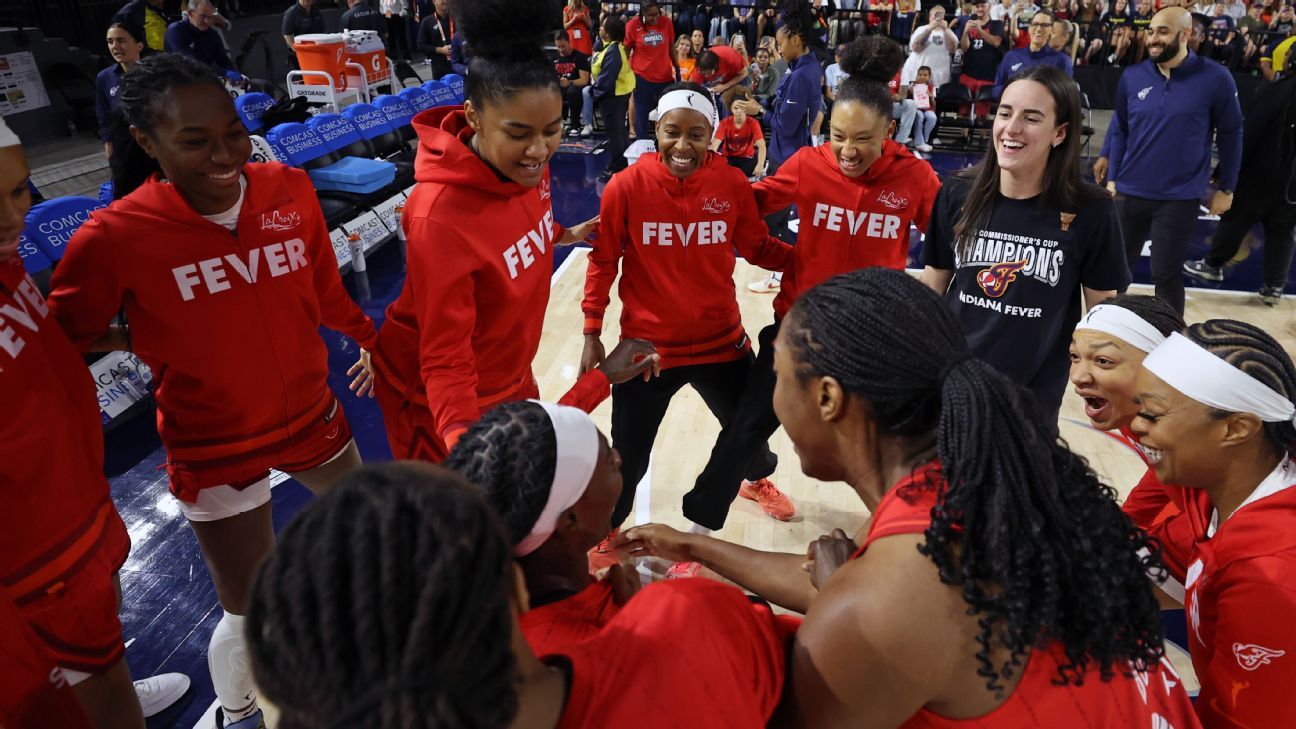
Editor’s note: The Hungarian Countess Louise J. Esterhazy was a revered — and feared — chronicler of the highs — and generally lows — of fashion, society, culture and more. Over the course of several decades (although she never really counted and firmly avoided any reference to her age), the Countess penned her missives from her pied-à-terres in Manhattan, Nantucket, Paris, London and Gstaad, as well as wherever her travels took her, from California to Morocco.
And it seems the Esterhazy clan by nature is filled with strong opinions, because WWD Weekend has now engaged the Countess’ long-lost nephew, the Baron Louis J. Esterhazy, who has written from Europe to express his abhorrence about the growing sense of entitlement among the rich and aristocratic.
Of course, dear reader, you will be only too aware of my title, Baron. But I have to admit that I am shamefully low in the family pecking order. For the Estarházy’s have been the preeminent Hungarian noble family, with origins in the Middle Ages and the greatest landowners, since long before 1776 was even a notion in the mind of Thomas Jefferson. Which is why my cousin, Prince Anton, the head of the family, is to be addressed as “Your Serene Highness.”
And, boy, don’t we all know of a certain resident of Pennsylvania Avenue who might only dream of such groveling deference. But you sensible Americans swept all that away when you turned on old King George III. Nonetheless, we also know that America has long had an unspoken class system — both of birth but increasingly based on wealth.
A recent article in The New York Times profiled Olivier Ferney, a travel adviser for the uber wealthy who has started posting some of her clients’ more outrageous demands on TikTok and Instagram. Think flying in spring water to a Caribbean island because a female client thought the local water irritated her scalp. Or how the super-rich think nothing of asking for a discount.
I, of course, am not on Instagram or TikTok — my family would be appalled. But I have encountered far more tales of American entitlement than Ms. Ferney and they might make even the highest European noble blush.
There was the marvelous story about an elderly and immensely wealthy American lady who, as the scion of an old insurance dynasty, lived in splendid isolation on a vast estate near Far Hills, N.J. She did not like going into Manhattan, was willfully “unfashion conscious” and disliked the very notion of “shopping” even more. One day, long before the advent of the internet, she asked her assistant to telephone Bloomingdale’s and order a load more white bath towels.
A few days later, a half dozen white fluffy towels arrived, all monogrammed in the corner with “YSL.” It was Saturday and the assistant was off duty. So the grand dame got on the telephone and called the department store.
“You have sent me someone else’s towels,” she barked. “They are monogrammed with someone else’s initials.”
“No, madam, they are Yves Saint Laurent towels,” came the response.
“Well, my point exactly,” she responded in frustration. “They are not mine, and I would imagine as we speak, this Mr. Laurent is no doubt wondering where his towels have got to.”
She had literally never heard of Yves Saint Laurent and couldn’t imagine the idea of buying towels marked with a designer’s logo.
That very same doyenne was said to have commented, upon being offered lasagna in an Italian restaurant: “What is this?”
“Why, it’s lasagna.”
“And what’s lasagna?”
“An Italian pasta dish, of course,” came the answer, with a tone of incredulity. To which she snapped back, “Well, how am I meant to know that? I have never had an Italian chef.”
There’s a rich trove of entertaining tales of the wealthy and entitled interacting with their servants.
The old Queen Mother, King Charles’ grandmother was partial to her same cocktail (Dubonnet and gin), every day at precisely 6:15 p.m. One day, the required tipple had not arrived. At 6:30 p.m. she called downstairs on the intercom to the teaming army of flouncing footmen and butlers and said, “I don’t know what all you old queens are doing down there, but this old Queen up here needs her drink.”
Perhaps it’s the ironic self-deprecation of the aristocracy that can sometimes be so funny, without them ever meaning to amuse. In midst of the First World War, the Marquis Curzon of Kedleston, who had married a Chicago heiress and was then Britain’s foreign secretary, was approached by his chief steward about the need to make some household economies.
“And what do you suggest?” he asked.
“I am thinking, your lordship, that we can dispense with the under-pastry chef.”
Lord Curzon looked crestfallen and responded, “It’s indeed a sorry day when a fellow can’t have a biscuit.”
Americans of a certain type can be just as imperious as their European cousins. Earlier this month, the GeneralQuartierMiester (aka the German wife) and I were staying in a beautiful house in Tuscany, which had been rented by some old American friends who all seemed to come straight from the pages of the “Gilded Age.” We were the only Europeans staying in the house. One day, as the large group assembled for lunch al fresco, some staff appeared with a handful of dishes giving off a constant plume of smoke.
“What are those?” inquired a well-turned out Park Avenue princess.
“Smoke, madam.”
“For what?”
“To keep the wasps away from the table.”
There was a pause, before she answered, “Dear god, we are all WASPs here.” Needless to say, only the Italian staff failed to get the joke.
Indeed, it was one of those same American guests who some decades earlier, when residing in London, was chatting with her hairdresser. It was the early days of the U.K. lottery and the week’s prize money had reached the heady heights of 1 million pounds. Excitedly, the crimper asked her customer, an heiress to an impressive old-school Wall Street fortune, “Golly, what do you think you would do if you had 1 million pounds in your bank account?”
The answer, delivered in a languid New York accent: “One million pounds, you ask? I think I would sue my broker.”
It’s told that in the days of F. Scott Fitzgerald, a young and fearsomely grand Yale student brought his altogether less well-to-do roommate home to the rarified environs of Tuxedo Park, N.Y., for a weekend. He introduced his new friend to his mother: “Mama, this is my roommate, John. He’s from Iowa.”
The mother gave her son a sideways glance and answered: “Dear boy, where we come from, it’s pronounced ‘Ohio.’”
It seems that entitlement is often about turning the normal on its head.
I recently heard the story of an enormously aristocratic Frenchman — who had never worked a day in his life and had therefore never been in need of taking a “vacation” — in an airport, receiving his boarding pass. As the agent handed over the slip of paper, she said, kindly, “Bonnes vacances.”
“Vacances?! Vacances?!” countered the grumpy Marquis, “What a bold and wholly incorrect assumption you make.”
After all, when your entire life is one of idle leisure, whoever needs “les vacances?”
For anyone familiar with London, it will be well known that there’s been a continuous low level, but humorous snobbery about those who reside “south of the river” (that would be the Thames). Of course all the “smart” neighborhoods such as Kensington, Mayfair, Belgravia and Chelsea are north of the river. One grand dame, with an attitude and temperament akin to the Dowager Countess of Grantham, took the snobbery to a whole new level when she asked her recently married granddaughter where in London the happy couple would be living.
“We have bought a house in Battersea, grandma,” responded the enthusiastic new bride.
“Battersea?” came the question.
“South of the river, grandma.” There was a long and silent pause.
“What?…There’s a river?” was the incredulous come back.
Lastly, there’s the completely absurd. I know of an English baronet (an old fashioned “sir” to you and me), who, upon driving through Portugal approached his first toll booth barrier on the highway. The sign read “Retire o Titulo,” which is the instruction to take the toll booth ticket and allow the barrier to lift. Not understanding Portuguese, and believing the machine was demanding to know his “title,” he sat motionless at the wheel, repeatedly bellowing: “Sir James Cuttallworth…Sir James Cuttallworth.”
Eventually, he learned the lesson that in this day and age, being aristocratically entitled no longer removes life’s barriers.
#Tales #Aristocratic #SuperRich #Entitlement






